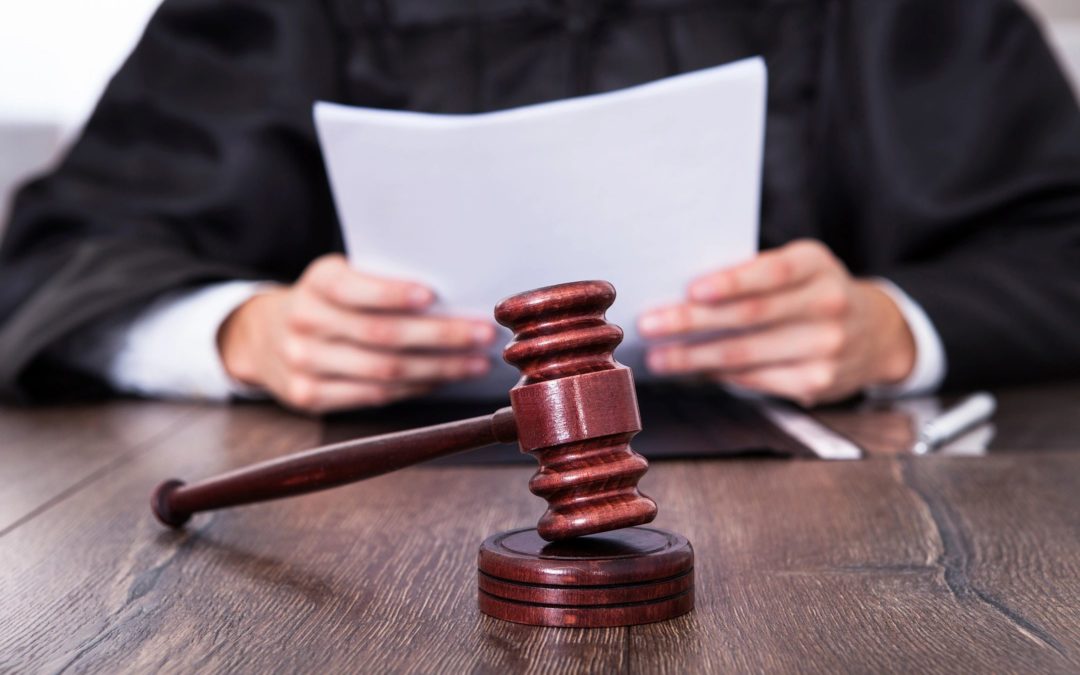
by David Maiorana | Apr 16, 2019 | Trial Institution
By Kerry Barrett and Dave Maiorana On April 5, 2019, the PTAB designated as informative two decisions relating to 35 U.S.C. § 314(a): IPR2018-00923, Paper 9 (Nov. 7, 2018) (designated: Apr. 5, 2019) [AIA § 314(a), insufficient number of proposed grounds/challenges to...

by Joe Sauer | Apr 5, 2019 | Trial Institution
By Kerry Barrett, David Anderson, and Joe Sauer In April 2018, the United States Supreme Court held that the PTAB must issue a final written decision addressing every patent claim challenged in an IPR petition. See SAS Inst., Inc. v. Iancu, 138 S. Ct. 1348 (2018). In...

by Matthew Johnson | Apr 3, 2019 | PTAB Trial Basics, Trial Institution
By Levent Herguner and Matt Johnson In a recent decision, the PTAB exercised its discretion under 35 U.S.C. § 314(a) to deny inter partes review of Perfect Company’s (“Patent Owner”) patent. Adaptics Ltd. v. Perfect Co., IPR2018-01596 (March 6, 2019). A panel of...

by S. Christian Platt | Feb 21, 2019 | Trial Institution
By Jihong Lou, Christian Platt, and Tom Ritchie Last April, in SAS Institute, Inc. v. Iancu, 138 S. Ct. 1348 (2018), the Supreme Court held that after instituting an inter partes review, the PTAB must decide the patentability of all of the claims the petitioner has...

by Matthew Johnson | Feb 18, 2019 | Trial Institution
By Lisa Furby, David Anderson, Mike Lavine, and Matt Johnson Last week the Chicago-Kent Journal of Intellectual Property published a comment prepared by a team of Jones Day attorneys that analyzed whether the PTAB is treating multiple petitions filed against a common...

by David Cochran | Jan 31, 2019 | PTAB Trial Basics, Trial Institution
By Kait Crowder and Dave Cochran In Deeper, UAB v. Vexilar, Inc., the PTAB recently considered the extent of its discretion to grant or deny inter partes review in a case where a petitioner challenges multiple claims on numerous grounds. In this case, the petitioner...







